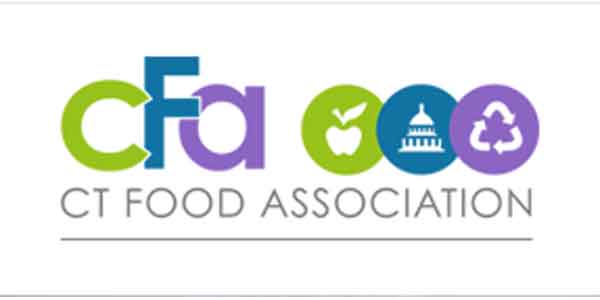While headlines focus on chaos surrounding Russia & social media erupts when Trump says something combative, the federal government continues its work out of the spotlight.
The following article can be found in the August 7, 2017 edition of Food Dive.
President Trump and his administration have been in office for more than six months, and clear patterns are emerging that can help any industry sector — especially food and agriculture — form a viable regulatory strategy for the next few years.
Let’s start with the president’s goal of eliminating 75% of all government regulations and his mandate to federal agencies that they must do away with two regulations for every one they enact during his presidency. While this is an ambitious — and likely unachievable — goal, those in the private sector scoff at the mandate at their own risk.
The president and his administration view government as an impediment to capitalism and economic growth. They bring that perspective to their work every day by eliminating, freezing and reversing a plethora of federal regulations, rules, standards, advice and guidelines in every industry sector.
The food, nutrition and agricultural sectors are not immune. During its short time in office, the Trump administration has delayed implementation of calorie labeling on menus, paused implementation of National School Lunch Program nutrition standards, delayed the launch of the new Nutrition Facts Panel, proposed cuts in food safety spending, and is currently reviewing the Food and Drug Administration’s voluntary sodium guidelines for packaged food.
In April, the president signed an executive order mandating that the Department of Agriculture identify and eliminate regulations that hurt farmers and rural communities. Combined with potential regulatory changes at the Environmental Protection Agency — including the agency’s recent withdrawal of the Clean Water Rule — this is a serious attempt to deregulate the agricultural sector.
This is a clear indication that elections have consequences. From the regulatory-happy Obama administration to the regulatory-hostile Trump administration, the food and agricultural sector has experienced the extreme public policy swings that come with vastly differing philosophies on the proper role of government in food production and public health.
Traditionally, food companies have evaluated the efficacy of public policy proposals using two key criteria: cost-benefit analysis and sound science. However, a chaotic marketplace, the evolving food consumer, and the vast differences in the regulatory environment in Washington during the last decade have compelled many food companies to view proposed regulations through the additional lens of consumer trust.
In decades past, companies and their trade groups could advocate for or against specific public policies in relative obscurity. Now, with access to more and better information and a desire for healthier products, consumers are tuned into the public policy environment more than ever. Grocery shoppers and the watchdog groups they support quickly and publicly shame companies that take policy positions contrary to their own values.
At the same time, food manufacturers are competing for the unofficial title of “the world’s healthiest food company,” promising to deliver better quality, as well as healthy, clean, sustainable and ethically sourced products.
For some companies, federal government regulations that drive the industry toward healthier products or greater transparency fit nicely with their company and individual brand strategies.
If regulations fit nicely into a company’s consumer trust and marketplace growth strategy, the Trump administration’s actions may not be welcome. At the same time, if a company’s marketplace strategy is company-and-brand centric, the current Trump deregulation effort could be viewed as beneficial.
These same philosophical questions played out publicly when Campbell Soup recently announced it will leave its flagship trade group, the Grocery Manufacturers Association, at the end of 2017. Campbell’s CEO cited conflicts surrounding the two organization’s points of view regarding consumer transparency. Differing perspectives on GMO labeling and other public policy issues that can impact consumer trust were at the heart of Campbell’s decision.
It is clear the food industry — to one degree or another — is moving beyond the traditional litmus tests of cost-benefit analysis and sound science to judge whether or not government regulation is a good thing that can advance its transparency, consumer trust and marketplace goals.
Every company has a choice to make when it comes to its regulatory philosophy or positions on individual regulations. Only time, consumer loyalty polling and product sales data will indicate whether or not their choice was correct.


